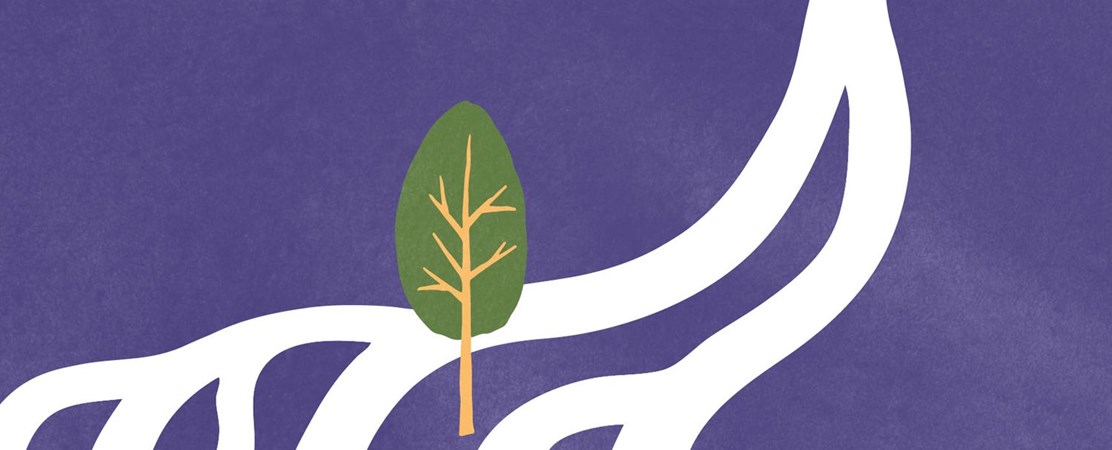IASSA – Giving Voice to Arctic Social Sciences

By Peter Sköld, Director, Arctic Research Centre, Umeå University and Florian Stammler, Research Professor, Arctic Centre, University of Lapland
The International Arctic Social Sciences Association (IASSA) was founded in 1990 in Fairbanks, Alaska at a meeting held in conjunction with the 7th Inuit Studies Conference. The creation of IASSA followed the suggestion to establish an international association to represent Arctic social scientists, made at the Conference on Coordination of Research in the Arctic held in Leningrad in 1988.
Since its establishment, IASSA has promoted the participation of social scientists in national and international Arctic research. It stimulates international cooperation, and promotes mutual respect, communication and collaboration between social scientists and northern people. IASSA also supports knowledge creation through promoting the active collection, exchange, dissemination and archiving of scientific information in the Arctic social sciences, as well as through facilitating culturally, developmentally and linguistically appropriate education in the North.
Every three years IASSA organizes the International Congress of Arctic Social Sciences (ICASS), hosted by the institution which houses the rotating IASSA Secretariat. In 2014-2017 the host was Umeå University, with the ninth ICASS organized in June 2017. “ICASS is a highly important conference for researchers within Arctic social sciences, humanities and health,” says Peter Sköld, former IASSA President and director of the Arctic Research Centre (ARCUM) at Umeå University. “The theme of ICASS IX – People and Place – illustrates the ambition to promote an understanding of the Arctic as a region with small and large communities, and over four million people of whom 10-15% are indigenous.”
In just a few years, IASSA will celebrate its 30th anniversary, and the Arctic’s role on the global stage is only increasing. The challenges for northern communities, regions and states in the coming years will be even greater in light of rapid changes in the environmental, economic and security situations of the North. Collective efforts and open communication and collaboration are essential in facing them.
“IASSA’s community and its importance has rapidly grown in the recent past. We have every reason to believe that this process will continue with the increased attention to the Arctic,” says Florian Stammler, IASSA Council member and research professor at the Arctic Centre of the University of Lapland. “Considering IASSA’s extensive network of partnerships and memorandums of understanding with other Arctic organizations, we expect that in the future there will be even more concerted and coordinated efforts together with our partners to give a stronger voice to Arctic experts in shaping the future of the Arctic. Working together on the most pressing issues with governments, intergovernmental organizations, NGOs and private businesses can help to ensure that the voice of researchers and Arctic societies will be heard before important decisions are made concerning people in the Arctic.”
